Big U.S. food and drink brands are getting hit by the Israel-Hamas war
Companies including Starbucks, McDonald's, and Taco Bell parent Yum! Brands are among them
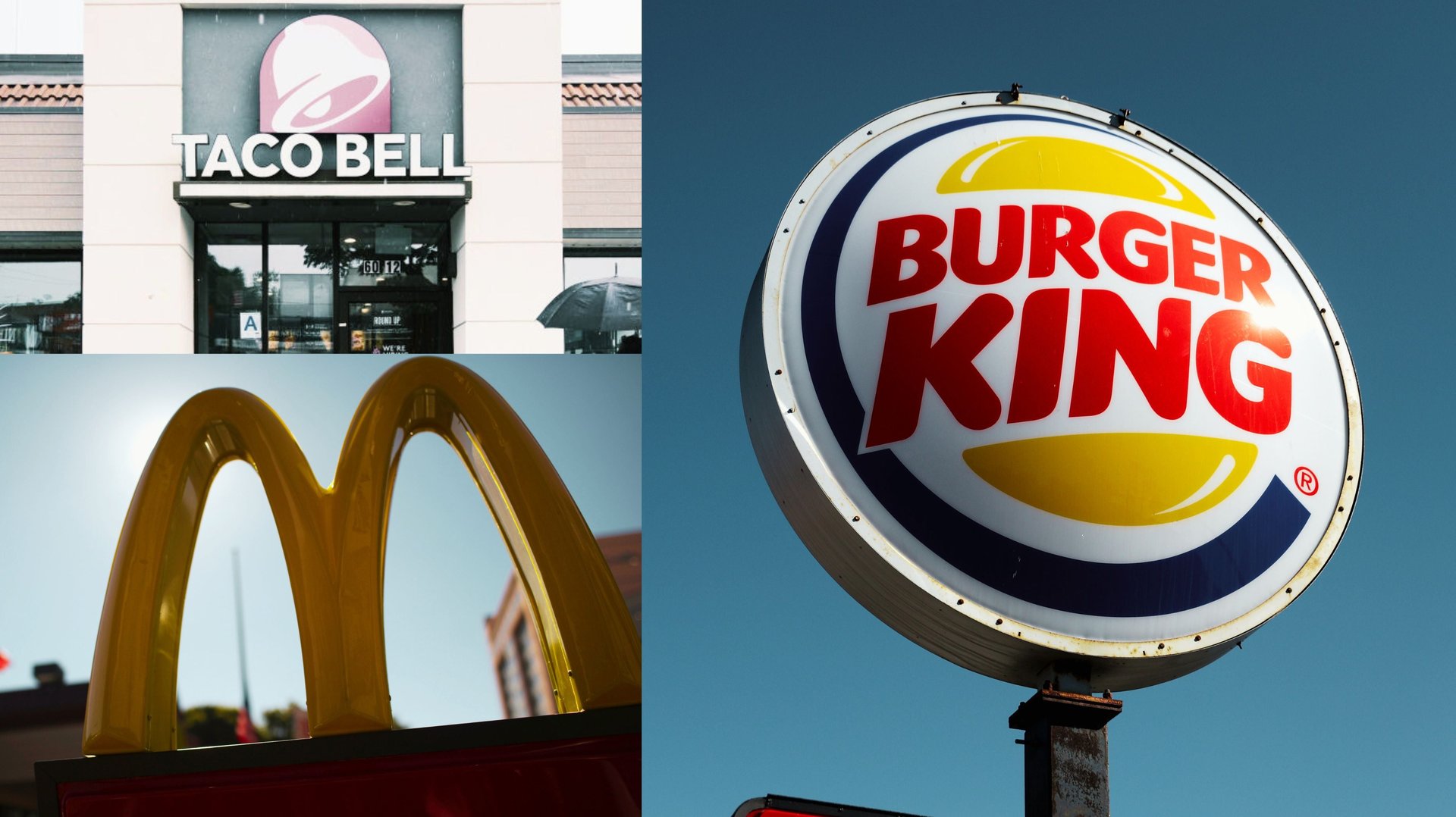
Some of the biggest names in the fast food industry, including McDonald’s, Taco Bell, and Burger King, have said their fourth-quarter sales were impacted by Israel’s war in Gaza.
But executives of these companies kept things as vague as possible in their recent calls with investors, and some went so far as to avoid the word “war” altogether.
A few company chiefs walked an even finer line — sharing their condolences with victims of the violence without saying who exactly they think is the victim. After Hamas killed 1,200 people in Israel on Oct. 7, Israel’s military has killed at least 28,000 Palestinians in Gaza. But the U.S. public has vehemently disagreed about who’s side to take, with many consumers boycotting companies they believe to be pro-Israel or pro-Palestine.
Here’s a look at what some of the nation’s largest brands are saying.
2 / 8
Starbucks
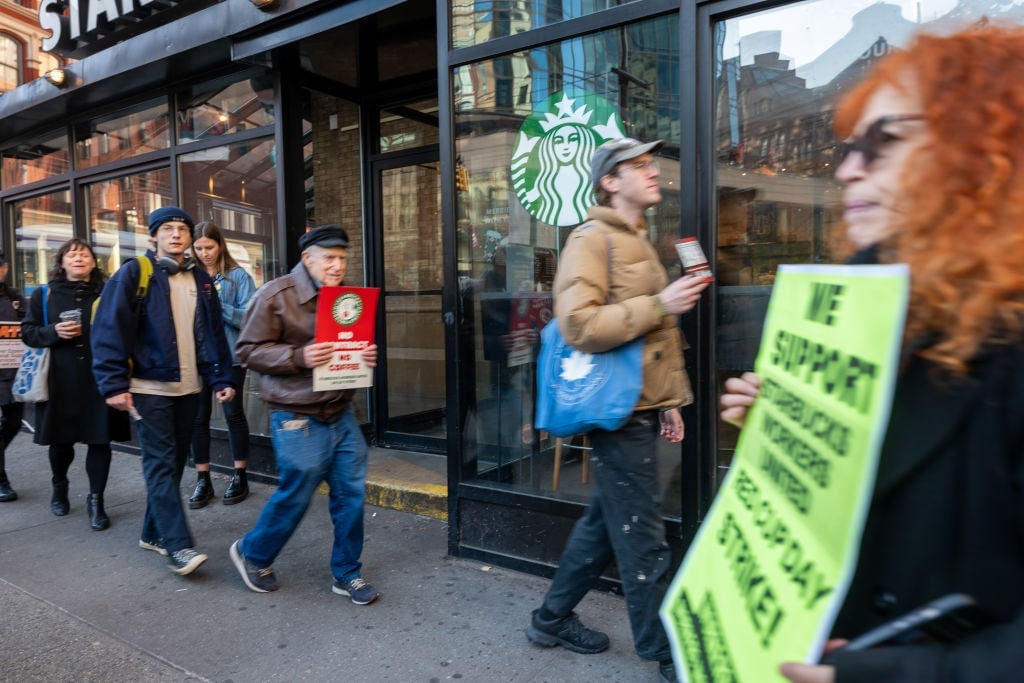
Starbucks CEO Laxman Narasimhan treaded lightly on a call with investors Jan. 31, saying war in the Middle East hurt sales without actually using the words “Israel,” “Gaza,” or “Palestine.”
Not only were sales hit abroad, but also at home in the U.S. as Starbucks was accused of being both pro-Palestine and pro-Israel (depending on who you asked), with both sides boycotting the brand.
Narasimhan tried to “clarify” his stance with a taking-no-sides statement that probably pleased no one.
“I am deeply distressed by the violence shaking the region,” the executive told investors. “As I have shared, Starbucks condemns violence against the innocent, hate and weaponized speech. We are intensely focused on supporting our partners and the many other stakeholders affected by what is taking place.”
3 / 8
McDonald’s
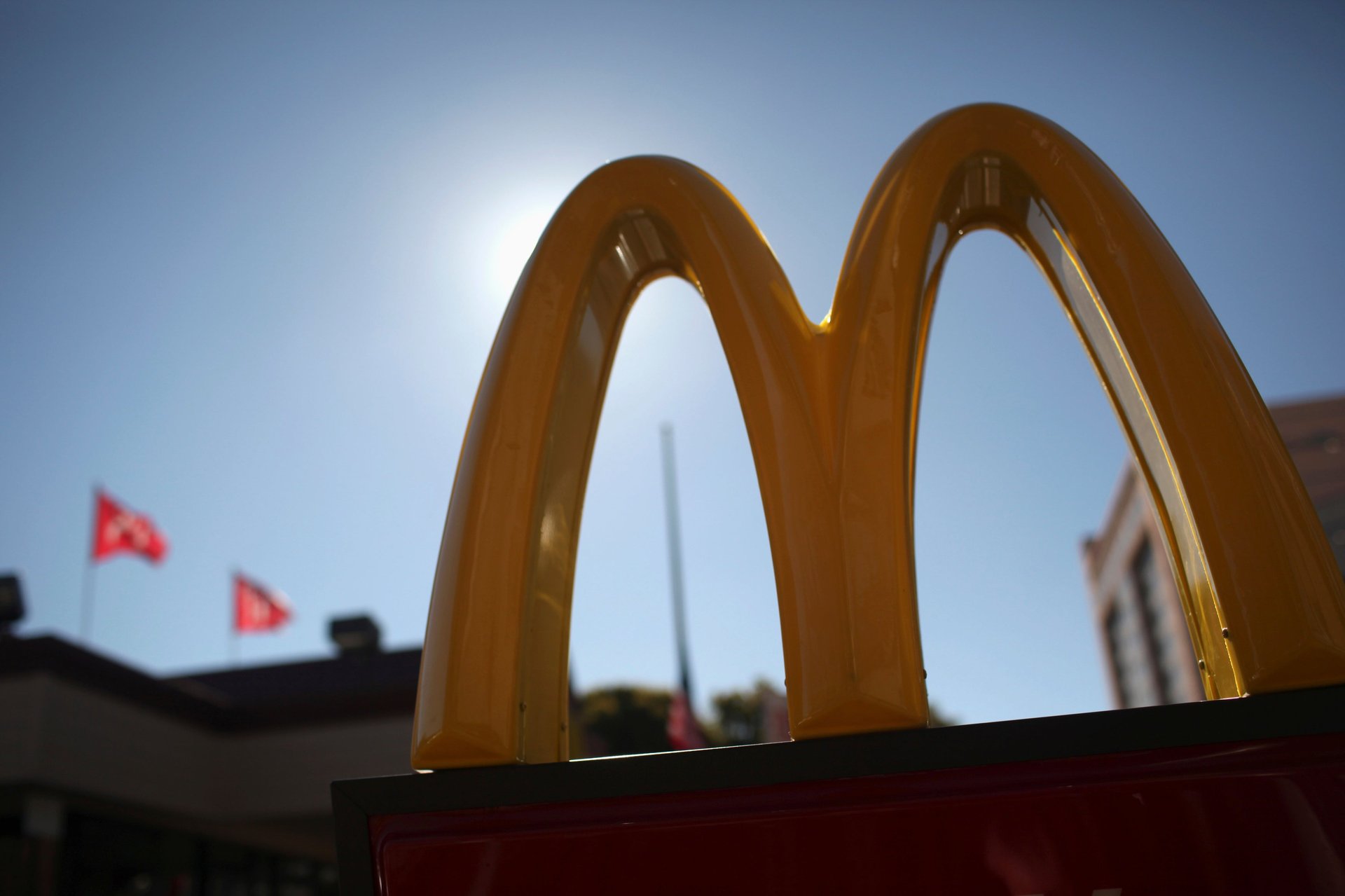
McDonald’s took a similar no-sides, peace-for-all approach to war in the Middle East on a call with investors Feb. 5.
Executives called the impacts of the violence on its local franchisees “disheartening” and “ill-founded,” vowing to support them. When Quartz asked what specifically the company is doing to help those local branches, it declined to share specifics.
There are no McDonald’s restaurants in Gaza, but 219 in Israel (pdf). Local McDonald’s branches abroad (which all have different owners) have taken various stances on the war. For example, McDonald’s Israel gave out free meals to the Israeli military, while McDonald’s Turkey sent $1 million to Palestinian victims in Gaza. McDonald’s Lebanon also appeared to support Palestine.
The fast food giant said the ongoing war will continue to dent the company’s sales into this year but gave no specific numbers.
4 / 8
Taco Bell
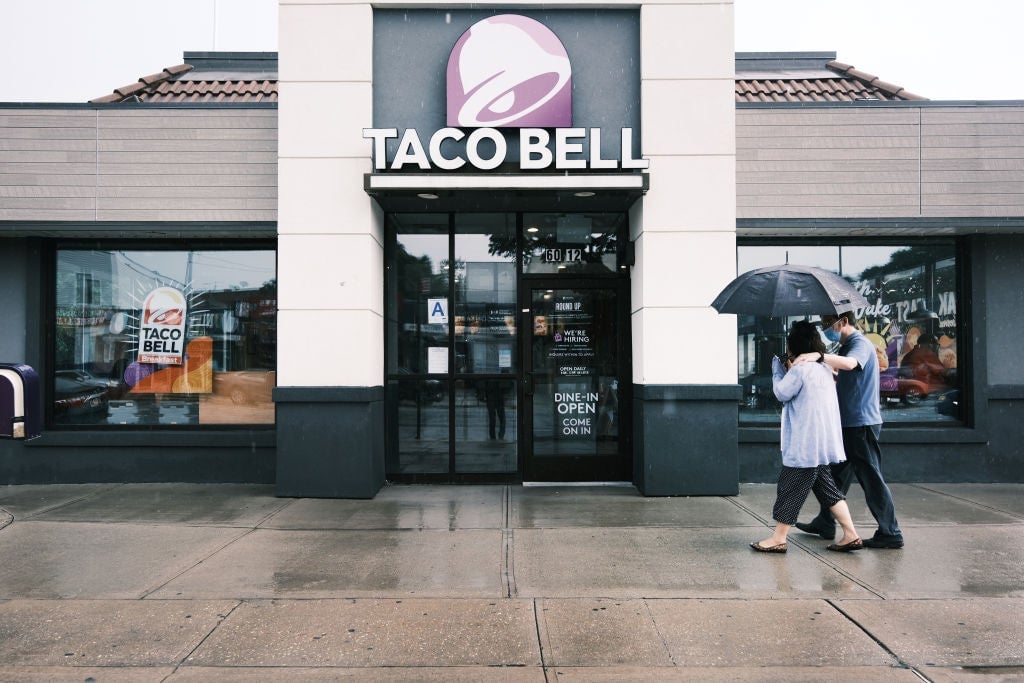
Yum! Brands — the parent company of Taco Bell, KFC, and Pizza Hut — posted worse-than-expected earnings for the fourth quarter on Feb. 7.
Part of the reason? Surprise, surprise: war in the Middle East. But even though the words “Middle East” were uttered 14 times by executives and analysts on a call that day, no one used the word “war.”
“I want to express our continued concern for those impacted by the ongoing conflict in the Middle East,” said CEO David Gibbs.
5 / 8
Burger King
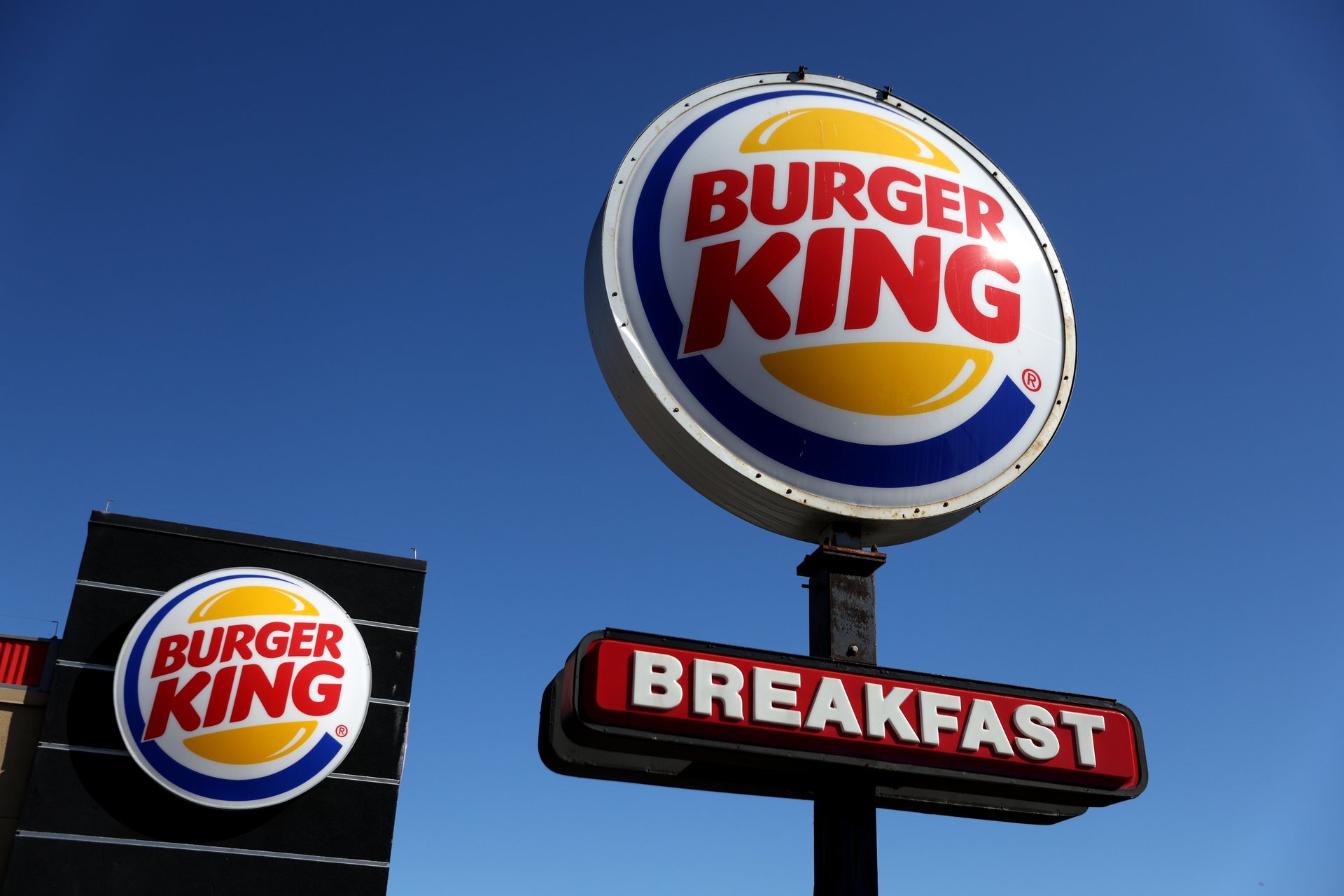
Restaurant Brands International — the parent company of Burger King, Tim Hortons, and Popeyes — said war in the Middle East hurt sales in more than a dozen countries. Burger King was presumably the most impacted brand owned by the company, seeing that it has the most restaurants: 18,700 in over 100 countries.
Tim Hortons and Burger King have faced boycotts from pro-Palestinian customers after Burger King gave free food to the Israeli military.
6 / 8
Coca-Cola
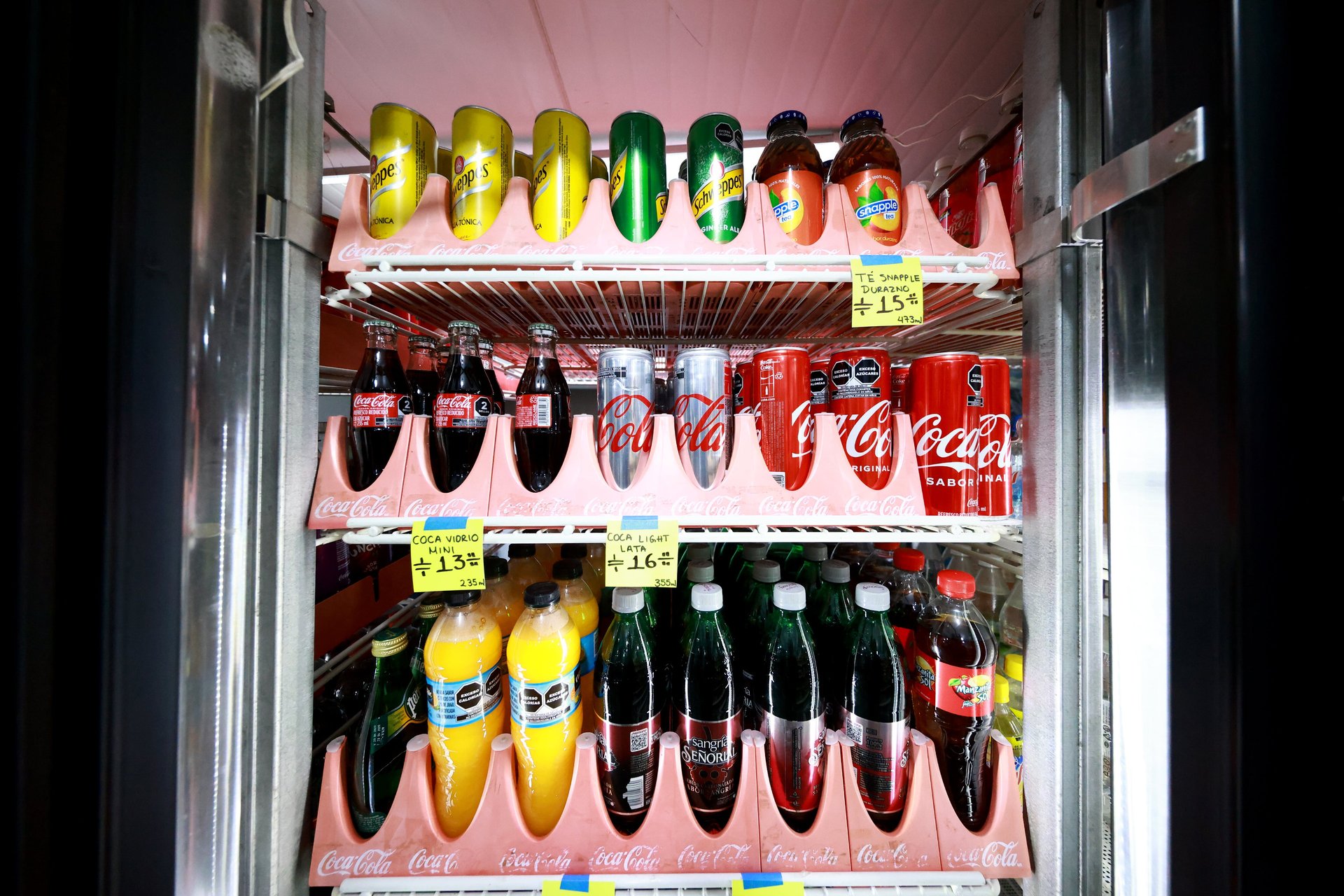
Coca-Cola executives avoided giving a take on the war in Gaza altogether on a call with investors Feb. 13. In fact, they didn’t even use the word “war.” CEO James Quincey said “tensions” in the Middle East affected the company’s sales, and CFO John Murphy called it a “conflict.”
7 / 8
Missing from the mix: Wendy’s, Hershey & more
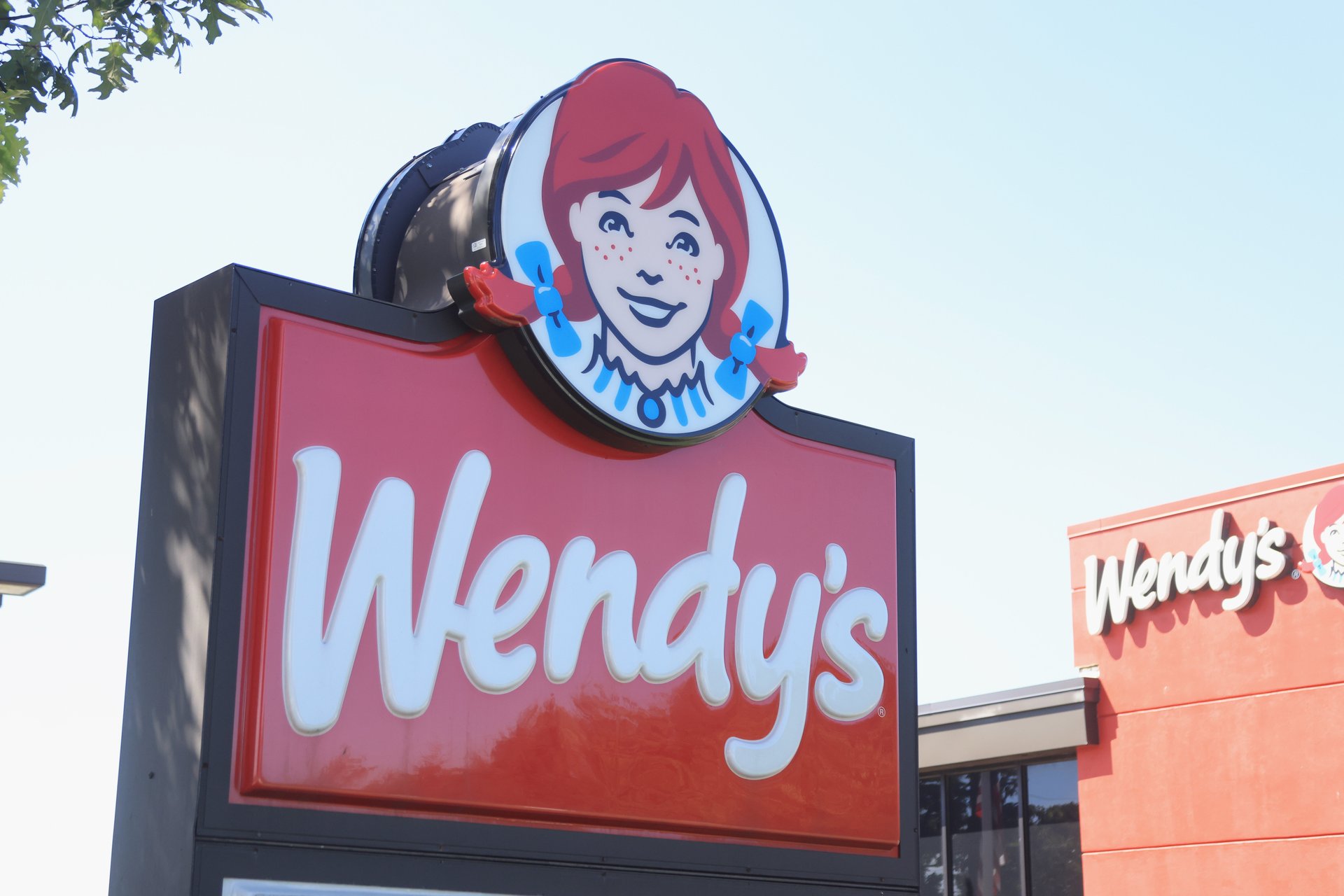
Other big U.S. food and beverage brands that reported earnings in the last several weeks made no mention of Israel’s war in Gaza, even in watered-down terms.
McDonald’s and Taco Bell competitor Wendy’s reported sales that missed Wall Street’s expectation. But inflation was the main culprit, not conflict abroad.
Coke’s historic rival PepsiCo — which owns snack brands like Fritos, Doritos, Lay’s, Cheetos, and Sun Chips — didn’t mention the Middle East as a factor in sales at all. Like Wendy’s, inflation was to blame for its sales slump.
Other brands that haven’t mentioned the Israel-Hamas war are Hershey, Tyson Foods, and Kraft Heinz. Starbucks’ rival Dunkin’ went private in 2020, so it doesn’t have to share its sales results with the public.
8 / 8
Other industries disrupted: oil, beauty, and tech

Estée Lauder said the war in Gaza contributed to its drop in sales. “The impact from business disruptions in Israel and other parts of the Middle East accounted for a 2% reduction in the region’s overall net sales growth,” said CFO Tracey Travis in a call with investors Feb. 5.
Meanwhile, oil companies have been disrupted by Yemen’s Houthi rebels attacking cargo ships on the Red Sea in an attempt to punish Israel. Shell and Belgian oil shipping company Euronav both mentioned the conflict in the Middle East and subsequent Red Sea attacks for impacting their businesses, though Shell said they haven’t been a huge problem.
In the tech world, Snap’s stock plunged after the social media platform told investors in a letter (pdf) that the conflict in the Middle East bit into its ad revenue.
